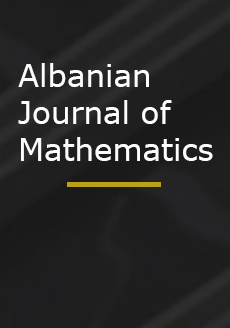Albanian J. Math. 11 (1), 35-71, (2017) DOI: 10.51286/albjm/1515576220

KEYWORDS: self-selection bias, propensity score, promotional campaign effect estimation, Conditional independence, ignorability of treatment
Propensity score based methods applied to mitigate the bias in treatment effect estimation incurred by self-selection on observables, usually follow non-parametric matching approaches. Parametric estimation, performed by regressing solely on propensity scores, is suggested in theory, but is not generally applied. However, when appropriate, a parametric approach is preferable to a non-parametric or semi-parametric one as it provides more information, insight and inference on the same data set. We test parametric regression method through simulations, creating different scenarios of system-determined treatment assignment. It results that regressing only on propensity score, is not sufficient to properly mitigate the treatment estimation bias. We consider the propensity score as an omitted variable, which when added into the model, makes covariates and the binary treatment of interest conditionally independent. Propensity score enters the model as a generated regressor, because it is created in a separate modeling stage, and provides for unbiased and consistent estimation of treatment effects. This estimation is superior to the semi-parametric ones in our tests. Two real data with potential self-selection bias problems are analyzed to illustrate some application issues and to point out in particular the need for specific propensity scores application at any given situation.

